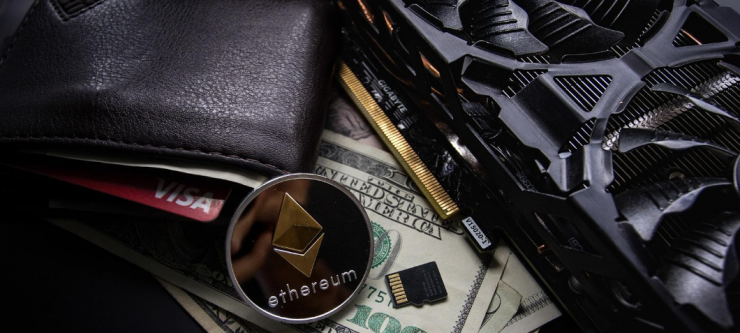While the digital world has given us considerable power over our lives, a significant disadvantage is that it comes with security concerns. As cryptocurrency gained value and popularity over the last couple of years, hackers who hijack exchanges and steal millions of dollars have also increased. And that’s why you need to protect your cryptocurrency assets from cyber criminals using a good and robust crypto wallet. But before we get into how to secure your wallet, let’s explore some of the risks associated with storing and trading cryptocurrencies.
5 Risks to Consider when Storing or Trading Cryptocurrencies
As of July 2020, the value of all cryptocurrencies was at US$337 billion. The lure of this digital method of payment is that it is easy to transfer funds without using a third party. Yes, it’s convenient, but there are several risks associated with using cryptocurrencies. Let’s look at a few here.
- Haven for Cyber Criminals
Criminals can intercept crypto exchanges by installing malware on a user’s computer that can steal cryptocurrency. Transactions are irreversible, so once hackers steal your funds, there is no way of getting them back. Every exchange/transaction is final. - For the most part, Funds are Uninsured
As a digital asset, cryptocurrency is intangible, hindering its insurability. As a result, most crypto companies are either uninsured or under-insured. - Value of Currency is Volatile
Cryptocurrency has no intrinsic value and is often determined by demand from investors. Coupled with limited regulation, a significant drop in value can happen at any time, especially when there’s a loss of confidence in the market. - The Human Error Element
Unfortunately, as humans, we cannot avoid making mistakes, and while some errors are redeemable, some are irreversible. Because crypto exchanges are final, entering a wrong wallet address, for example, is a grave irreversible mistake. You can lose your entire funds if an error is made. As wallets are not associated with any “real identity” there is no way of knowing until you double check the wallet address. - Not Widely Accepted as a Legal Tender
Even though cryptocurrency, such as bitcoin, has seen a marked increase in trading activity, there is a lot of mistrust. Many businesses do not recognize or accept this form of digital payment. So, while you may have the funds to complete a transaction, you may be stuck with the money.
Secure your Crypto Wallet – 7 Essential Tips
Considering all these risks, what is the best way to protect your funds from hackers? Let’s start by making it clear there is no full-proof method. But by taking personal responsibility for your online security, you are strengthening your defense against illegal activities. Here are seven tips to help you do this.
- Use a VPN
One of the best ways to secure your crypto wallet is by hiding your funds using a Virtual Private Network (VPN). Through a VPN, you conceal your identity and online activities from hackers. Of course, this is not a guaranteed method; you should still exercise caution when clicking on links on certain websites because hackers are savvy and relentless. - Conduct Adequate Research
When deciding on a wallet provider, do not rush to make a decision. Conduct adequate research on different crypto wallets and select one from a reputable provider with robust safety features. Also, read reviews from other users and assess which company will best meet your needs. Always ensure that you use a wallet which allows you to backup your wallet ‘Private Key’, only that ensures that you own the wallet. - Separate your Funds
Diversify your accounts by using one crypto wallet for trading purposes and another to store your savings. Storing your savings offline is called cold storage and is kept safe on hard drives or even a USB. In this way, your savings are kept off the internet, making it less susceptible to cyber attacks. - Enable Two-Factor Authorization (2FA)
As an extra layer of protection, turn on two-factor authorization for login purposes and when conducting transactions. - Use Strong Passwords
We cannot overemphasize how important it is to use complicated passwords to log into your accounts and create different passwords for different wallets. Use long passwords with no personal information and store your passwords safely, and to retrieve them quickly, get a trusted password manager. - Keep Wallet Software and Antivirus Updated
In addition to strong passwords, you should keep your wallet software and antivirus solution up to date. Regular updates remove vulnerabilities that can weaken your defense against malware attacks. When ever you see an update, always consider updating as your number one priority. - Avoid public WIFI
Always make sure you use a trusted WIFI when accessing your crypto wallet. Public WIFIs are susceptible to hackers and should not be used to conduct cryptocurrency transactions. In the event of an emergency and public WIFI is the only available source, use a VPN.
Conclusion
While there are various risks associated with using a crypto wallet to store your cryptocurrency, using these seven essential tips can strengthen your cyber security and prevent stolen funds. By combining the steps — such as strong passwords, two-factor authorization, and using a VPN — you are protecting your funds and giving yourself peace of mind when conducting online exchanges.














Add comment